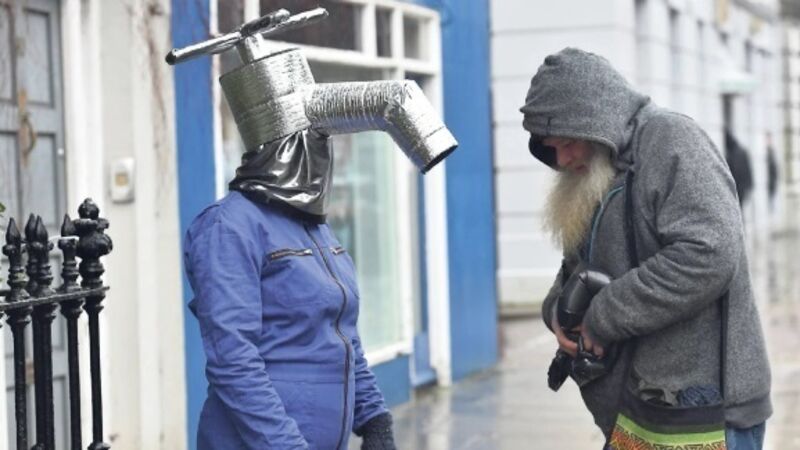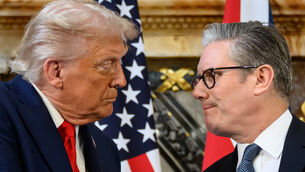Politicians quick to dilute their principles on Irish Water

Charlie Flanagan compared the discussions on water between Fine Gael and Fianna Fáil to the peace process.
Earlier in the week, Ruth Coppinger compared the “struggle” against charges to the struggles against slavery and for women’s emancipation. This is what politics in this country has been reduced to at a time of living dangerously.















